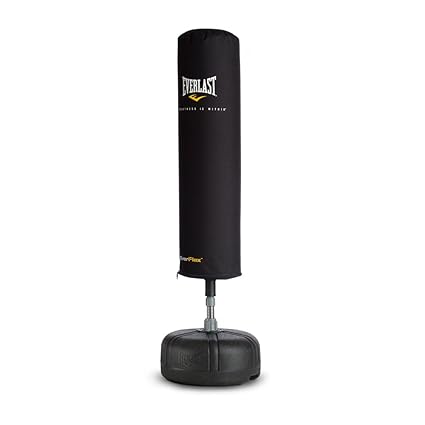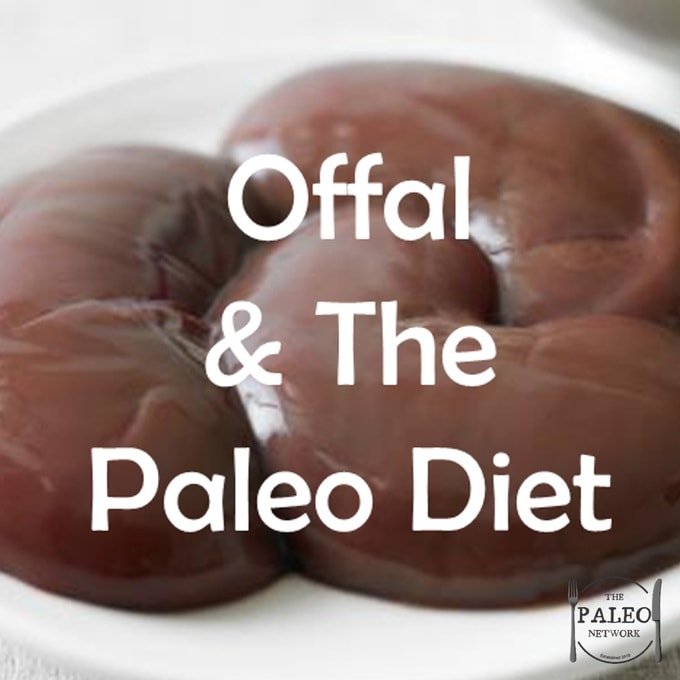I've been reading two books lately, and I want to recommend one of them to anyone who wants a straightforward, easy to read, entertaining, and well-informed discussion of the low-carb, keto-based way of eating. It's called
Eat Rich, Live Long, and it's by Ivor Cummins and Jeffrey Gerber. Cummins is an engineer who applied his problem-solving skills to the area of nutrition; he has done some great work (see his videos on Youtube or interviews on various podcasts). Jeff Gerber is a physician.
The book has 97% 5-star reviews on amazon. It condenses the information on keto/low-carb science into a concise, easy to read format. It's not science-heavy, loaded with technical terms or graphs. It's written for the average person. It does go more into the data, in the latter part of the book, if you're interested in that. The only downside I found is that it includes a set of recipes, which I don't care about, although others may.
Anyway, check it out if you want some good reading in this area:
Amazon product
I'm also reading
Good Calories, Bad Calories, by Gary Taubes. I can't really recommend that, unless you are interested in all the details of how Ancel Keys and his cronies, physicians, government agencies, the food industry, the pharmaceutical industry, and journalism collaborated to lock in place the nutritional dogma that we've been saddled with for 30-40 years. That's an eye-opening tale, to be sure. It's tragic how easily science and public policy can be shaped by simplistic thinking, self-confirming biases, premature closure, politics, and money.
The reason I can't recommend that book is because it's so damn detailed. I have a research-oriented mind, but Taubes goes into way too much detail even for me. It's like a history of the science. I find myself skipping over sections of the book because I don't need to know things at the level of detail he presents.
If anyone has any good suggestions for books in this area, let us know.



